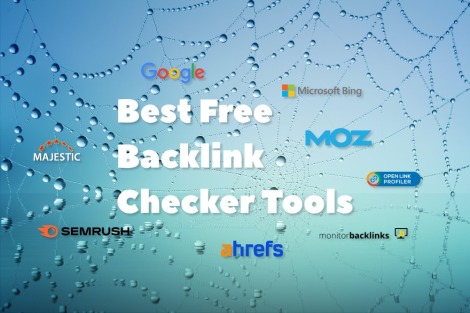Are you using the power of PPC to get the international traffic you deserve? This sort of advertising can put a brand or service in front of global customers who would otherwise be out of reach.

Even if you already benefit from PPC (pay-per-click) advertising, using the English language will only take you so far in the rapidly changing online landscape. Looking back at 2022, the percentage of Internet users by world region put Asia at 54.2%, far ahead of North America's 6.5%. Even more interesting were the figures for growth, where the North American region took last place. In contrast, huge growth could be seen in Africa, the Middle East, and Latin America.
As these trends continue, all online businesses must adapt to suit these new boom markets. Their preferences matter – from the way they connect to and search the web to the languages they use.
Here's how you can create an international PPC strategy that will keep your business on top of the changes and reach customers worldwide.
Go Mobile
One huge change due to shifting global demographics is the way people are accessing the web. Mobile devices rule in Asia, and indeed in rapidly developing markets around the world.
Forbes reports that by the end of 2022, 58.99% of global Internet traffic was mobile. Just compare this with the 10.88% seen in 2012! This figure will only grow.
There's never been a better time to invest in mobile advertising. In the US alone, eMarketer predicts mobile ad spending will rise from $168.88 billion this year to $247.68 billion by 2026.
Remember, with mobile PPC you are often dealing with different users and will need to plan a separate campaign with them in mind. Mobile users are more likely to be ready to take immediate action, and mobile-friendly landing pages are essential. You might also need to write different ad copy and use other metrics to gauge your success.
Get Your Keywords Right
Where keywords are concerned, it's good news for global business. Keyword competition is often less intense in foreign-language markets, making it more affordable to target growth markets in Asia, South America, or the Middle East.
Some care is needed in selecting keywords, however. Your top performers in English won't always translate perfectly, so don't settle for dictionary equivalents. Use tools such as Google Trends to understand which terms overseas customers are using to find your kind of product or service.
Even when you find a popular search term, double-check with a native speaker to make sure there's no alternative meaning for it in your target language. For instance, 'Madonna' has an unusually high search volume in Italy – a reflection of the Roman Catholic religion of the country rather than a love of pop music.
Be Influenced by Culture
As the above example demonstrates, it's important not to underestimate the impact of culture on how people search. Your ad copy too will need to reflect cultural differences if you want to appeal to overseas web users.
For instance, in many countries, a direct call to action is an effective way to convert PPC traffic. However, in some cultures, a more ambiguous and open approach is valued. Giving direct orders in some Asian markets, for example, comes across as disrespectful to your potential customer. Similarly, Western markets often place value on the independence of the individual, while Eastern ones favor a more collective style.
If you use banner ads, cultural awareness is even more important. Color and imagery need to be adapted to suit local preferences. Vibrant colors and a busy ad will grab attention in countries like Hong Kong but can turn off web users closer to home.
Research Regional Ad Networks
Statistics for your home market might suggest you've got PPC covered with Google Ads. Yet in some parts of the world, there are other networks that dominate search.
China is a notable example, with Baidu and Sogou ad networks leading the way. For South Korea, it is Naver rather than Google that handles most search traffic.
Some ad networks specialize in particular languages, which can give them an edge in those markets. For instance, Harrenmedia Network leads the field for online advertising in Latin America.
Finally, if you want visibility on certain sites, check out their own ad networks such as Facebook Ads, Amazon Sponsored Display, or Reddit Ads. These can be more affordable than Google Ads to reach a niche audience. As far as mobile PPC is concerned, you might want to consider InMobi, Start.io, or AppLovin.
Don't be left behind. By using international PPC to its full advantage, you can take your place on a global stage. It's an exciting place to be.


